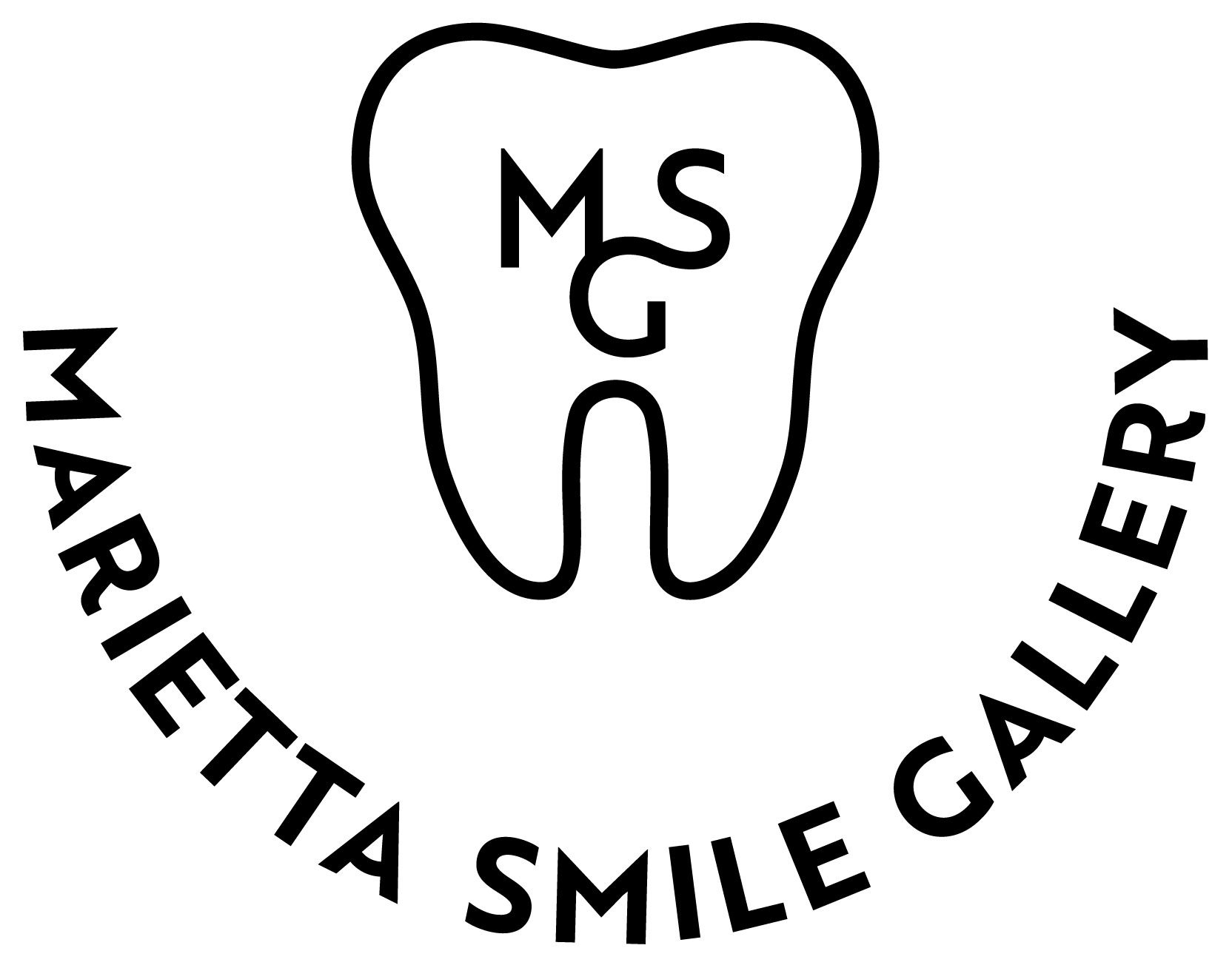
The Dangers of Gum Disease and How to Prevent It
Gum disease or gingivitis is an infection that damages the soft tissue around the teeth. Without treatment, it can destroy the supporting bone, causing loose teeth or leading to tooth loss.

Deep Teeth Cleaning: What Does the Dentist Do?
Taking care of your dental hygiene will help prevent gum disease and fight bad breath. It involves brushing your teeth, flossing, and getting routine dental cleanings twice a year.

Does Everyone Need Their Wisdom Teeth Extracted?
Upon reaching your late teen years, you may assume that the teeth you see in your mouth are the only teeth you will ever have. However, there is a strong possibility that your wisdom teeth may still erupt, even in early adulthood.

Will Your Veneers Look Natural?
Not all dental veneers are equal in quality. In particular, the appearance of cheaper veneers may not blend well with the surrounding teeth, drawing unwanted attention to their unnatural appearance. Thus, selecting an experienced cosmetic dentist is crucial to achieving natural-looking veneers.

6 Benefits of Using Invisalign Over Traditional Braces
Many people take time to decide whether to align their teeth. Mainly, it’s because they do not want traditional braces. The good news is that you do not have to use traditional braces. With Invisalign, you can breeze through your teeth alignment period. The clear aligners confer numerous benefits. Here are six of them.

What to Expect After Getting Dental Implants
If you are planning to get a dental implant, you may wonder what to expect after the procedure. You may also wonder how long it will take to resume your day-to-day activities or routine. Will there be oral pain for a few days following the surgery? Read on to learn more about what to expect after getting dental implants.

7 Tips to Teach Your Kids How to Brush and Floss
Teaching your kids how to brush and floss their teeth is the key to lifelong health and wellness. Good dental hygiene benefits the body in many ways, from the heart to the brain. Preventing bacteria from growing in the mouth nips gum disease in the bud.

6 Tips to Maintain Results After Teeth Whitening
A white smile can boost your confidence and make you happy about your appearance. After whitening your teeth...

Professional Teeth Whitening Vs. At-home Products
You are not alone if you are looking for ways to get the shine back on your teeth. Many people want a whiter and brighter smile but are hesitant about spending money on professional teeth whitening. They assume they can achieve the same results with an OTC whitening kit. However, how do at-home teeth whitening products compare with professional teeth whitening?

5 Tips for New Invisalign Patients
If you require orthodontic treatment, consider getting Invisalign treatment. Clear aligners are a convenient and effective way to treat misaligned teeth. They straighten teeth safely and discreetly over several months.


